Study on gene-editing tool sparks debate
Updated: 2016-08-03 07:43
(China Daily)
|
||||||||
Editor's Note: Han Chunyu, an associate professor of biology at Hebei University of Science & Technology, impressed researchers across the globe this May with his paper on NgAgo, a new-generation gene-editing tool. Yet several overseas scientists say they have not been able to repeat the experiment and have asked him to publish the original data. Following are the views of two scholars on the issue:
Too early to jump to any conclusion
When a scientist observes a phenomenon or successfully completes an experiment, his/her conclusion will not be accepted until other researchers can also observe it or repeat the experiment under similar conditions.
That's the problem Han faces: No other researcher has been able to repeat his experiment yet. So his conclusion that NgAgo is a better gene-editing tool is still not considered reliable. Worse, many laboratories cannot detect the endonuclease enzyme activity of NgAgo, which is a prerequisite for Han's experiment.
There could be several reasons for that. For example, some labs may have repeated his experiment but are yet to publish the fact. Or, Han might have not revealed a detail (or details) that is key to the experiment in order to protect his intellectual property rights.
Actually, those asking him to publish the original data are not challenging his achievement. Gaetan Burgio, a senior researcher from Australian National University, recently wrote a blog on his Twitter account: "I think rather than to chase high impact publications and be secretive, we should be more open and share our results to avoid everyone wasting their time on results that are irreproducible and pointless. In my opinion this is the way science should work."
There are several examples of serious flaws with researchers' important data. Haruko Obokata, a researcher from Japan, claimed to have found Stimulus-Triggered Acquisition of Pluripotency cells that are similar to stem cells in January 2014, yet her "discovery" could not be repeated and was declared false three months later. She lost her position and her research supervisor committed suicide.
Han initially responded by giving some details about his experiment and said he is confident others will be able to repeat it in the future. Now, we need to wait-time will prove whether Han kept something secret or whether he conducted the experiment under special conditions that others do not know. It is too early to jump to any conclusion.
Zhang Tiankan is deputy editor-in-chief of Encyclopedia magazine and a former researcher in medical science.
- Not for the faint-hearted: Glass bridge opens in Hunan
- Geneticist defends his groundbreaking technique
- Activist jailed for subversion, harming national security
- New Hainan port opens as annual fishing ban ends
- From hunting wild fruits to satellite dishes: Life of Myanmar returnees
- World's first panda-themed subway line runs in Chengdu
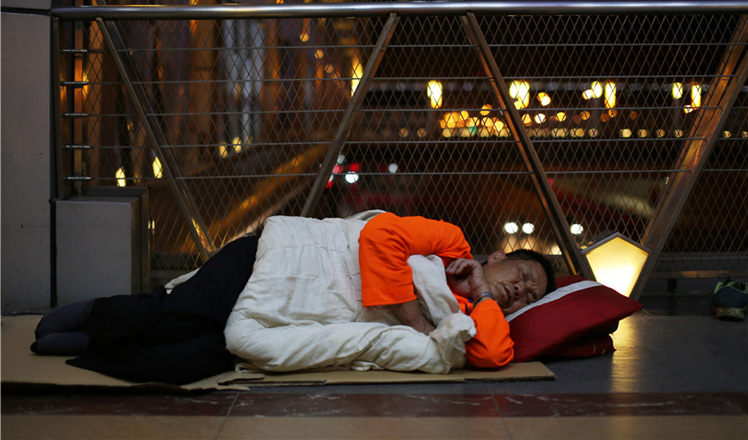
 From dusk to dawn: The other side of Beijing
From dusk to dawn: The other side of Beijing
 Huangluo: China's 'long hair village'
Huangluo: China's 'long hair village'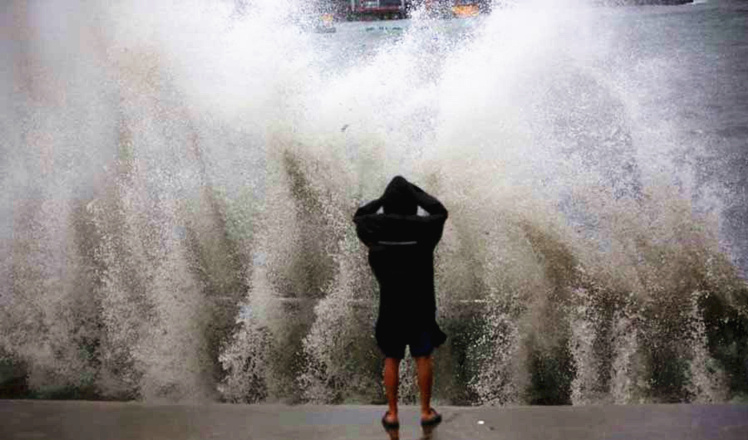
 Typhoon Nida lashes Shenzhen
Typhoon Nida lashes Shenzhen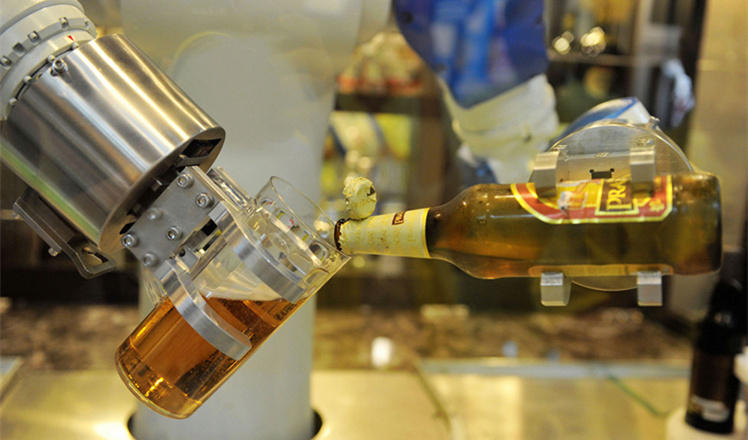
 Amazing robots work hard at Qingdao beer fest
Amazing robots work hard at Qingdao beer fest
 Chinese swimmers 'test the water' in Rio
Chinese swimmers 'test the water' in Rio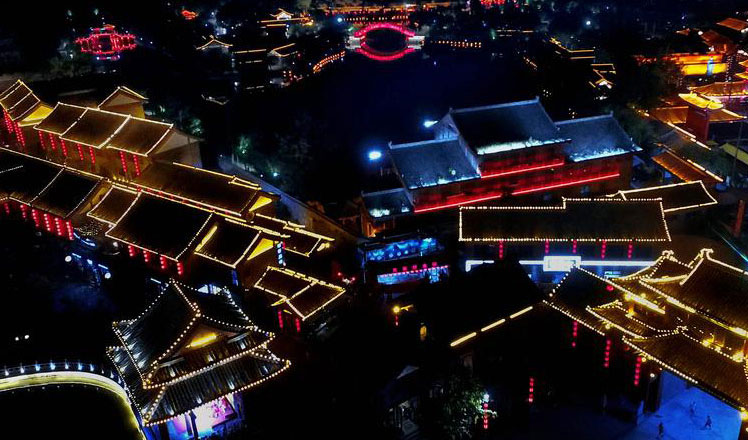
 Amazing night view of Kaifeng in Henan province
Amazing night view of Kaifeng in Henan province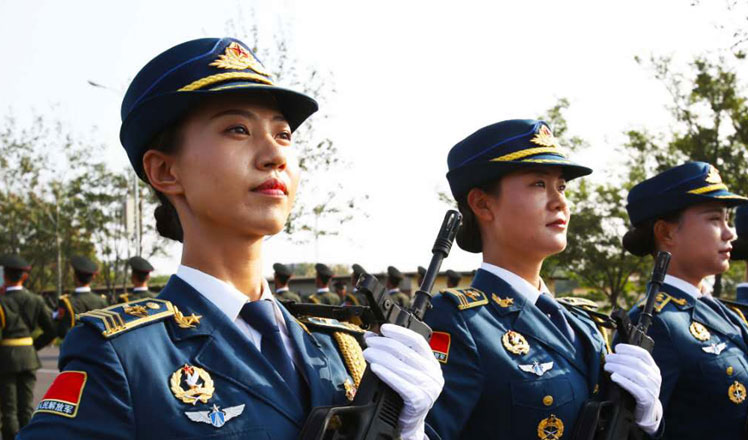
 In pics: Women soldier carrying the flag
In pics: Women soldier carrying the flag
 Rough and tough world of soldiers' training
Rough and tough world of soldiers' training
Most Viewed
Editor's Picks

|

|

|

|

|

|
Today's Top News
US launches airstrikes against IS targets in Libya's Sirte
Ministry slams US-Korean THAAD deployment
Two police officers shot at protest in Dallas
Abe's blame game reveals his policies failing to get results
Ending wildlife trafficking must be policy priority in Asia
Effects of supply-side reform take time to be seen
Chinese State Councilor Yang Jiechi to meet Kerry
Chinese stocks surge on back of MSCI rumors
US Weekly

|

|









